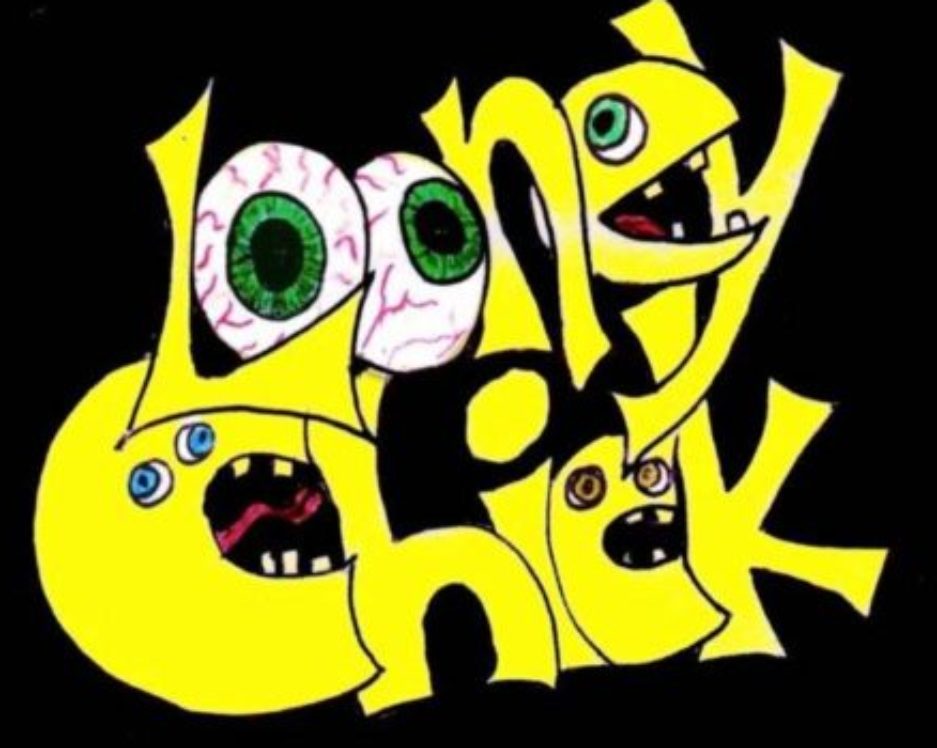
Mental Health researcher Ruth Spence has been accepted for the ‘Back Her Business’ scheme by Natwest & Crowdfunder, to help fund a children’s mental health picture book.
The Back Her Business scheme is a business start-up programme where contribute funds equivalent to 50% of a crowdfunding target.
The book is a picture book, so for children under the age of 10, she developed it with some clinical psychologists’ input.
It’s about a girl called Charlie who moves house and leaves all her friends behind, but then she meets a black dog.
The dog in the book makes Charlie miserable. For example (it goes through various common symptoms of depression, such as the fact that she has to carry the dog everywhere, making her tired.
The dog likes to sneak up and bark at her, so she finds it hard to relax and gets headaches.
She never knows when it will surprise her, so she finds it difficult to sleep at night).
Charlie’s mum notices that she’s unhappy and decides her new friend has to go. She knows when you think sad thoughts, you feel sad, and when you feel sad, it can stop you from doing the things that make you feel good.
Ruth said: “I decided to write the book because I’ve read so much about how common mental health problems are on the rise and they are increasing in children too.
If people get help early, they tend to have better outcomes, but services are stretched so many people can’t access them, or their problems aren’t considered severe enough to get treatment.”
The book isn’t going to solve these problems, but Ruth hopes it can open up some discussions around mental health and help people become more aware of depression.
She added: “My focus is on how adverse life events interact with personal vulnerability to cause depression.
I like that way of thinking because it shows the external world can impact the internal world, explaining why anyone can get depressed given the right circumstances. That help should focus on society as well as the individual. “
Ruth is hoping this book might help children recognise that what they’re going through is ok or it might make other children who aren’t having problems realise that other people might and that that’s ok too.
She’s also hoping it can be another resource for people to use that’s easily accessible and helpful – in it, I try to give a couple of useful things they can do.
They talk about the dog, and some things Charlie can do which she’ll enjoy and some things she can do that she’ll feel proud of.
They do a bit of each, and the dog gets smaller and quieter – it doesn’t go away entirely, but they know how to handle it if it gets bigger again.
The children’s mental health picture book features a discussion guide and some activities at the end of the book.
There are also some questions like what do you do when you feel sad? What makes it better? What makes it worse? (The book doesn’t use the word depression at any point).
Let us know in the comments section what you think?
